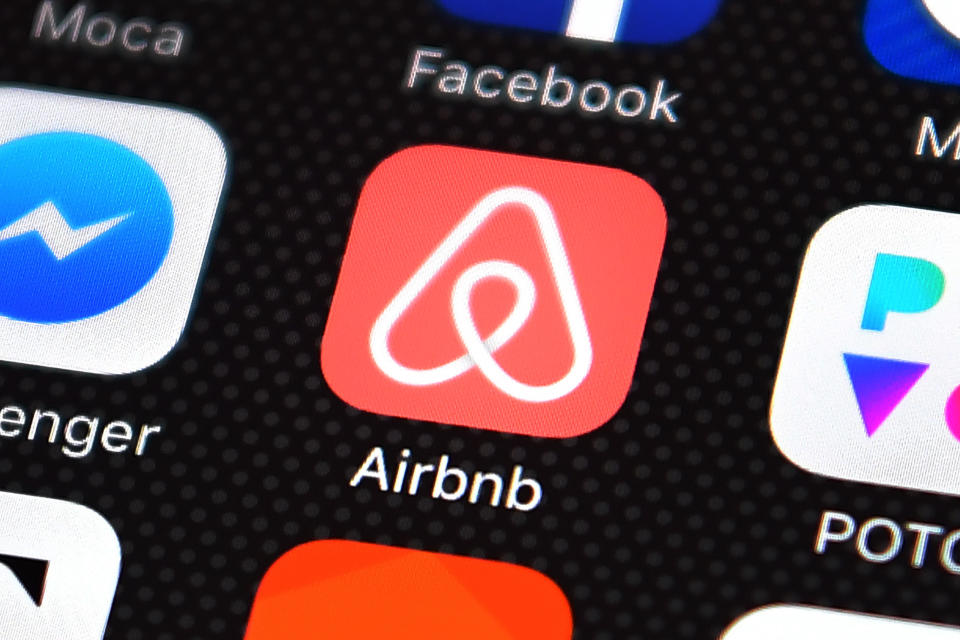Quebec renters evicted for posting listings on Airbnb

Tenants who sublet their apartments via short-term rental websites without their landlord’s blessing could find themselves out on the street.
At least a dozen landlords in Montreal have been granted eviction orders since June 2016 because their tenants are subletting suites for short stays for profit. Most of the orders involve the tenants’ use of Airbnb, According to Régie du logement du Québec, an administrative tribunal that has jurisdiction over rental housing matters. Other sites that people use to rent out their space include HomeAway and Craigslist.
By charging someone else to occupy their place for short stays, tenants are effectively changing the intended use of their home from residential to commercial. Doing so without their landlord’s permission is grounds for eviction under Quebec’s Civil Code.
“Every time you want to sublet your dwelling, you have to send a notice to your landlord—that is very important,” says Denis Miron, media-relations officer for the Régie du logement du Québec
“Your landlord may refuse….And you have to understand that neither the landlord nor the leasee may change the designation of the property during the term, from residential to commercial.” (Miron notes that if the landlord doesn’t refuse the tenant’s request in writing within 15 days, he is deemed to have consented.)
Rules and regulations surrounding tenancy agreements vary from coast to coast.
In Vancouver, for example, rentals under 30 days are not legal, except in licensed hotels or bed-and-breakfasts. In that city, the rise of short-term rentals has affected the condo market more than purpose-built rental apartments, since the latter are in such short supply. Some strata councils prohibit short-term rentals in their bylaws, while others without such rules are dealing with internal disputes. While some owners believe it’s their right as property owners to rent out their unit as they please, some resident-owners have become fed up with a constant stream of strangers through the premises.
“It’s less of an issue in purpose-built rental housing, which is professionally owned and managed,” says David Hutniak, CEO of LandlordBC, which has the stated aim of balancing landlords’ and tenants’ rights. “Owners know what’s happening in their building and they’re on top of who’s going in and out. You can’t participate or take advantage of Airbnb without a landlord’s consent, and a landlord’s not going to give you that consent very simply. Subletting is subject to the landlord’s approval, and it has to be done in the context of landlord agreement because they own the property.”
Nevertheless, he says the organization is closely monitoring the effects of short-term rental sites on housing, given that condos are a large secondary market for long-term rental housing.
“We’re really concerned about losing thousands of units to short-term rentals,” Hutniak says. “If people want to use an empty room in their principal residence and rent it out for extra cash, we have no problem with that. But that’s not what’s happening here. Residential buildings are turning into hotels.”
What to do if you want to sublet short-term
Miron says that tenants considering renting out their suites should consult with their local residential tenancy branch to find out what’s allowed and what isn’t and to get an accurate, clear sense of what’s involved if subletting for short stays is possible.
Airbnb suggests that prospective hosts check with their homeowner’s association, co-op board, or landlord about any regulations that prohibit subletting. “Read your lease agreement and check with your landlord if applicable,” its website says. “You may consider adding a rider to your contract that addresses the concerns of these parties and outlines the responsibilities and liabilities of all parties.”
Different regions have other requirements. In Quebec, for instance, anyone who rents a space to tourists for periods of 31 days or less must have a classification certificate from l’Industrie touristique du Quebec.
Municipalities may have their own rules related to licensing, zoning, noise, safety and other factors.
Subletting a rental suite may affect your insurance coverage as well. If an apartment is sublet without the owner’s permission or without appropriate coverage, the tenant could be out of pocket.
“Tenants who sublet their units out via Airbnb should check with their landlords and their tenant insurance providers,” says Andrew McGrath, spokesperson for the Insurance Bureau of Canada. “Depending on their policies, tenants could be on the hook for damages caused by the renters.
The best thing for any tenants looking to do this is to contact their insurer immediately.
“It’s important to know your policy and understand what is covered, especially when it comes to these types of services,” he says. “Insurance for this is available in Canada, and consumers should shop around and pick the best product that suits their needs.”
Download the Yahoo Finance app, available for Apple and Android.

 Yahoo Finance
Yahoo Finance 
